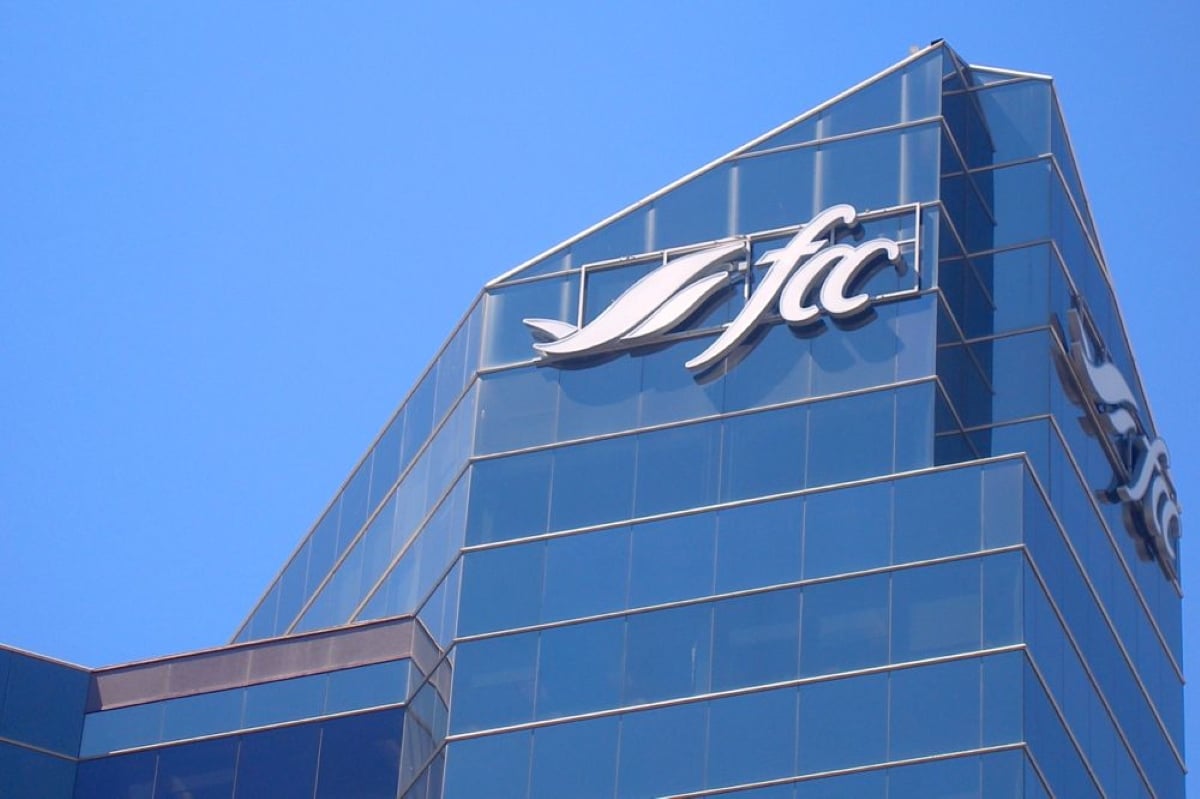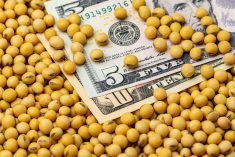Chicago | Reuters — U.S. agricultural commodities trader Bunge on Wednesday overhauled its global operations and named a new chief financial officer in the latest shake-up for the 200-year-old company hard hit by a years-long grain market downturn.
The moves come as Bunge reported a stronger-than-expected first-quarter profit due to higher soy crush margins in the United States, Brazil and Europe.
Bunge is battling to reverse a string of weak earnings blamed on a global grains glut and slumping commodities prices made worse by a bruising trade war between the U.S. and China.
Read Also

‘Significant’ Canadian GDP slide expected in 2026, FCC says
Farm Credit Canada expects continued trade woes and mortgage renewals to weigh on Canada’s economic growth in 2026
The company announced management changes and unveiled a new global operating model, shifting away from a regional structure.
The operational change, which could shore up some of Bunge’s recent risk management shortfalls and better utilize its global assets, helped boost its stock by the most since January 2018, said Arun Sundaram, equity analyst at CFRA Research.
Bunge’s operating structure since November 2017 has included three regions: North America, South America, and Europe and Asia.
The move to a global model “will simplify the organization and speed up decision making, increasing our strategic flexibility, customer focus and accountability,” said Greg Heckman, who was named Bunge’s CEO last month.
Bunge appointed John Neppl as CFO, effective May 29. Neppl joins from U.S. ethanol producer Green Plains.
Raul Padilla, former president of South America and sugar and bioenergy, was named president of global operations, overseeing crop handling and processing.
Christos Dimopoulos, formerly president of agribusiness, was appointed president of global supply chains, charged with managing Bunge’s trading and transportation activities.
Bunge said it continues to evaluate its operations as part of a strategic portfolio review announced last year.
The company did not change its full-year 2019 forecast. Agribusiness results were expected to slip while food and ingredients earnings were seen improving.
A severe African swine fever outbreak that has slashed Chinese demand for soy and uncertainty about the outcome of U.S.-China trade talks is clouding the outlook, Heckman said.
“While these dynamics should create positive catalysts for our globally diverse footprint, the timing and magnitude of these potential benefits remain unclear,” Heckman said.
Bunge reported net profit from continuing operations of $45 million, or 26 cents per share, compared with a loss of $21 million, or 20 cents per share, a year earlier (all figures US$).
Adjusted net income was 36 cents per share, better than the loss of three cents per share expected by analysts, on average, according to Refinitiv data.
Net sales fell to $9.94 billion from $10.64 billion.
The stock was up 6.4 per cent at $53.18 after hitting a session high of $53.71.
Bunge and rivals Archer Daniels Midland, Cargill and Louis Dreyfus are known as the “ABCD” companies that dominate global grain trading.
— Karl Plume reports on agriculture and ag commodities for Reuters from Chicago; additional reporting by Shradha Singh in Bangalore.


















